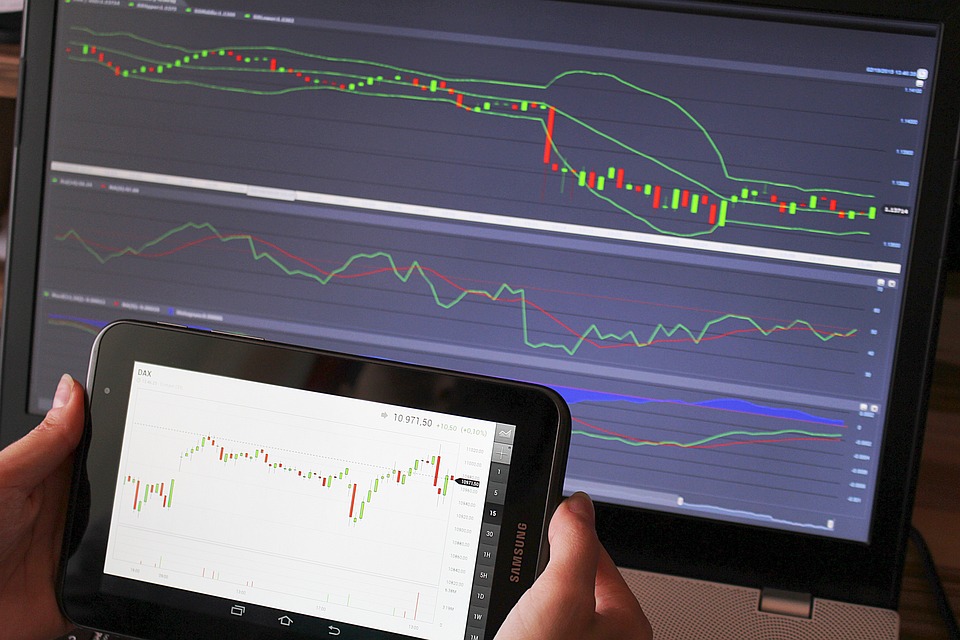
The Rise of Retail Forex Trading: What You Need to Know
Forex trading, once the domain of large financial institutions and hedge funds, has seen a significant rise in retail participation in recent years. Retail traders, armed with easy access to online trading platforms and educational resources, are now able to take advantage of the opportunities offered by the foreign exchange market. In this article, we will explore the key factors driving the growth of retail forex trading and what you need to know before diving into this exciting market.
The Factors Driving the Rise of Retail Forex Trading
1. Accessibility: The rise of online trading platforms has made it easier than ever for retail traders to participate in the forex market. With just a few clicks, anyone can open an account and start trading currencies from the comfort of their own home.
2. Education: There is a wealth of educational resources available to help retail traders learn the ins and outs of forex trading. From online courses to webinars, traders can access the information they need to make informed decisions in the market.
3. Technology: Advances in technology have made trading faster and more efficient than ever before. Retail traders now have access to real-time market data, advanced charting tools, and automated trading systems to help them navigate the forex market.
What You Need to Know Before Trading Forex
1. Risk Management: Forex trading is highly leveraged, meaning that traders can control large positions with a small amount of capital. While this can lead to significant profits, it also comes with a high level of risk. It is important for retail traders to implement proper risk management strategies to protect their capital.
2. Market Analysis: Successful forex trading requires a solid understanding of market analysis. Retail traders should be familiar with technical analysis, fundamental analysis, and sentiment analysis to make informed trading decisions.
3. Trading Plan: Before entering the forex market, retail traders should develop a trading plan that outlines their goals, risk tolerance, and trading strategy. This plan will serve as a roadmap to guide their trading activities and help them stay disciplined in the face of market volatility.
Frequently Asked Questions
Q: Is forex trading risky?
A: Yes, forex trading carries a high level of risk due to its leveraged nature. It is important for traders to understand the risks involved and implement proper risk management strategies.
Q: Can I trade forex with a small amount of capital?
A: Yes, retail traders can start trading forex with a small amount of capital thanks to the availability of leverage. However, it is important to use caution and not over-leverage your account.
Q: How can I learn more about forex trading?
A: There are many resources available online to help retail traders learn about forex trading, including educational websites, online courses, and trading forums. It is important to take the time to educate yourself before diving into the market.
Conclusion
As the popularity of retail forex trading continues to rise, it is important for aspiring traders to arm themselves with the knowledge and skills needed to succeed in this competitive market. By understanding the key factors driving the growth of retail forex trading and taking the time to develop a solid trading plan, retail traders can increase their chances of success in the forex market.
